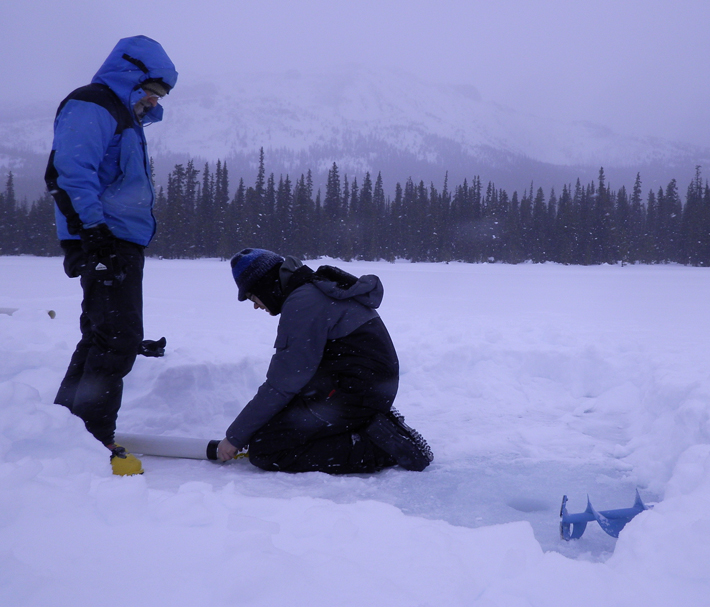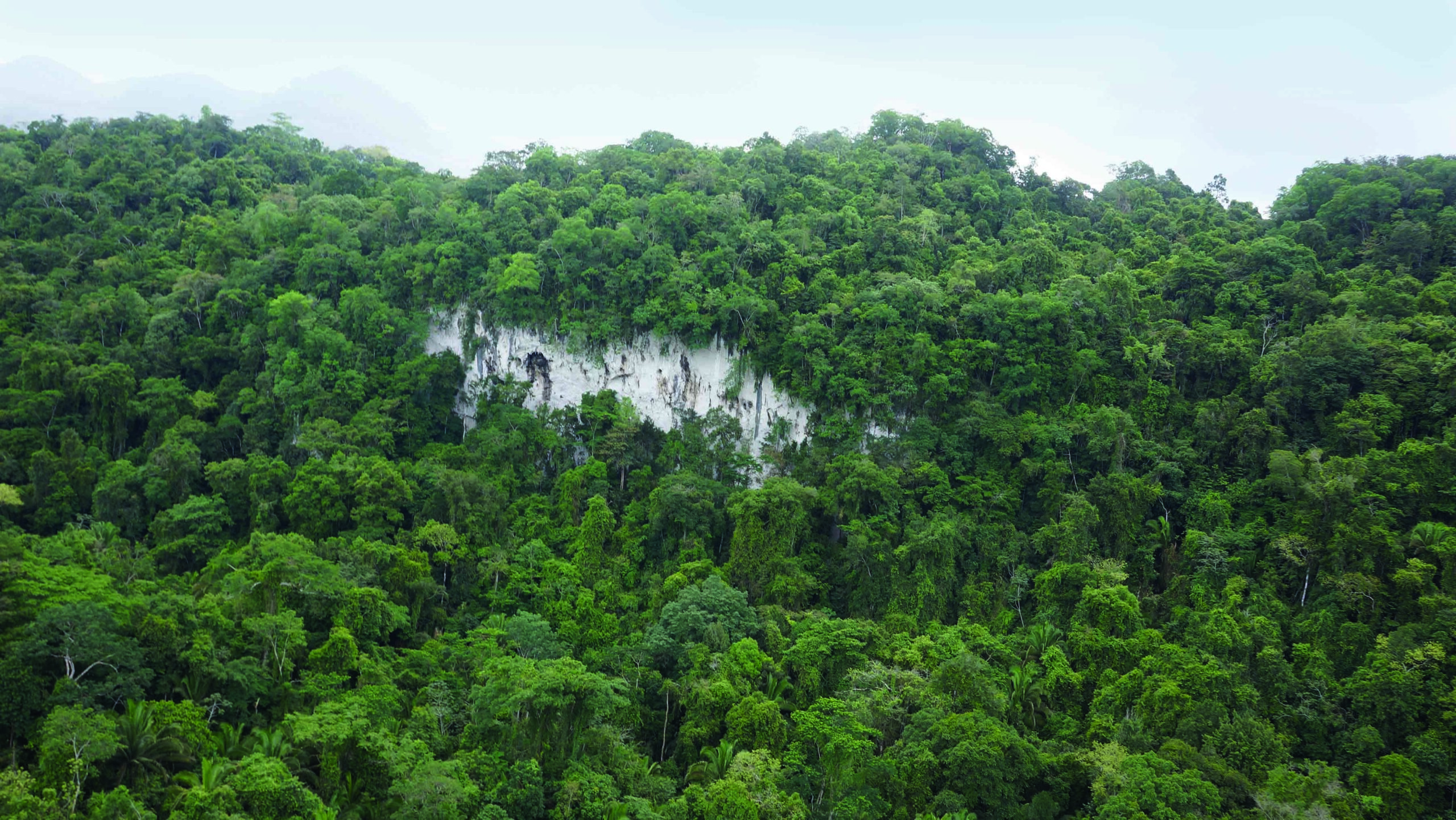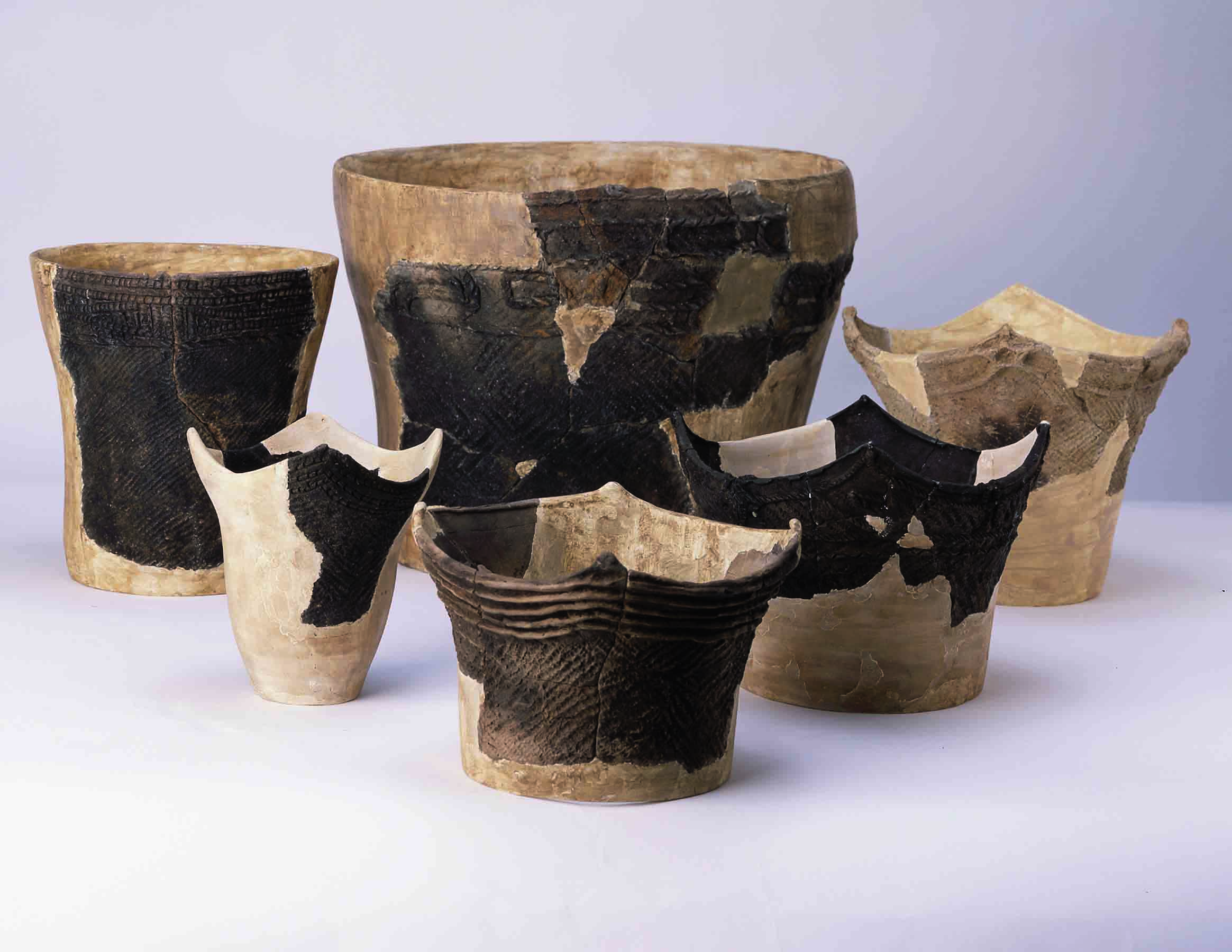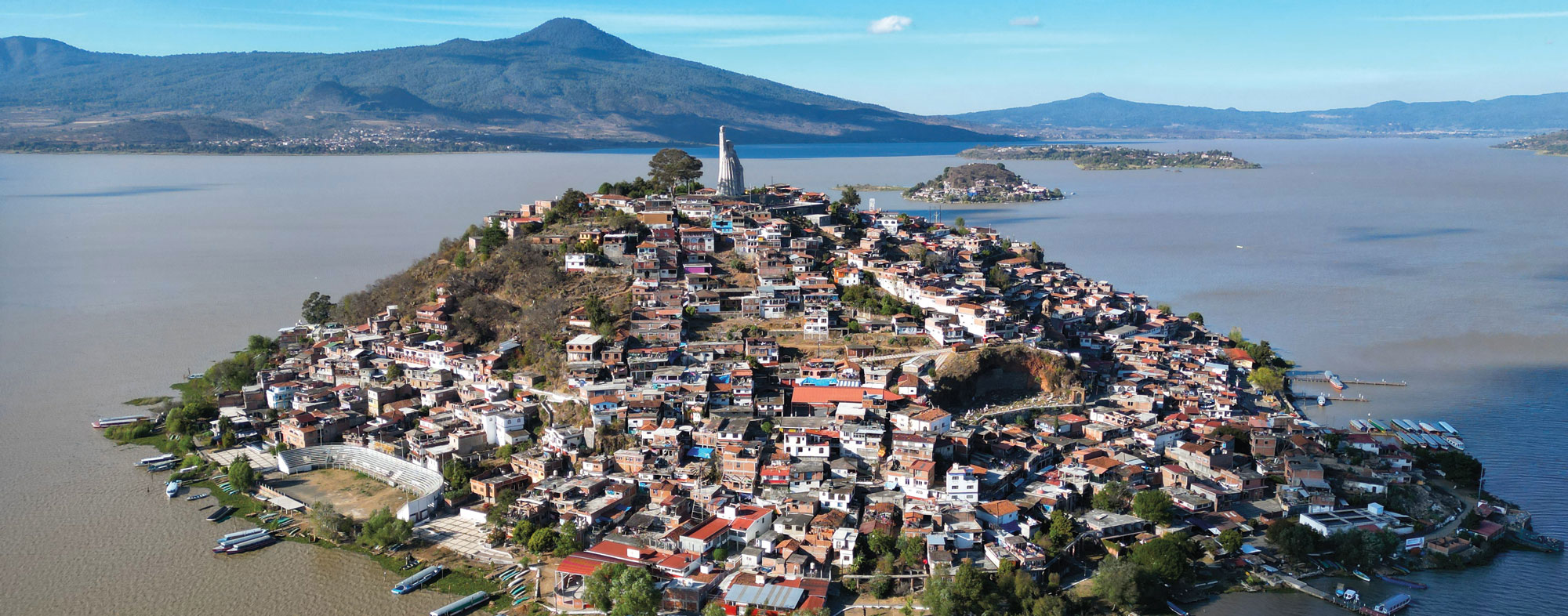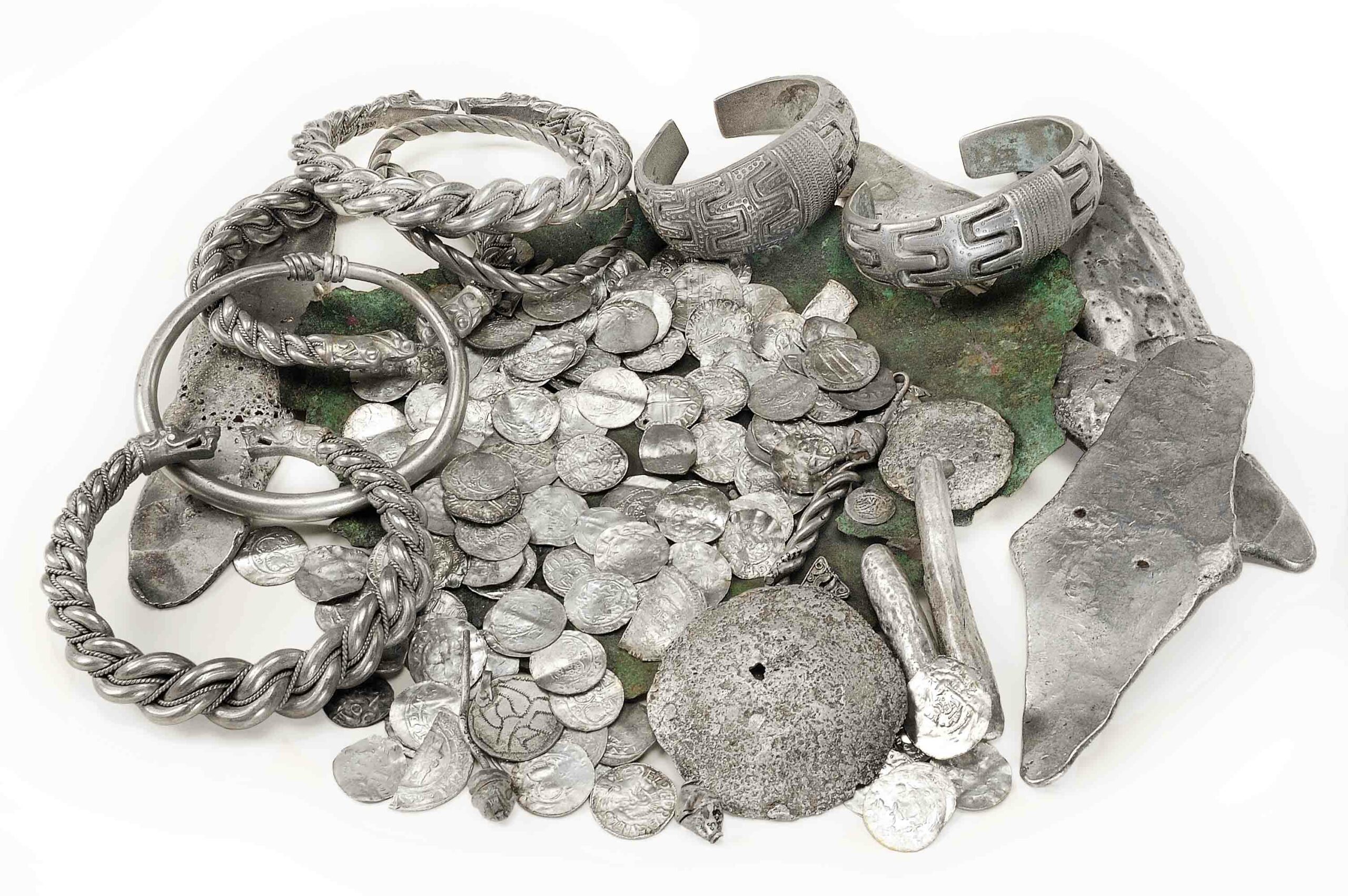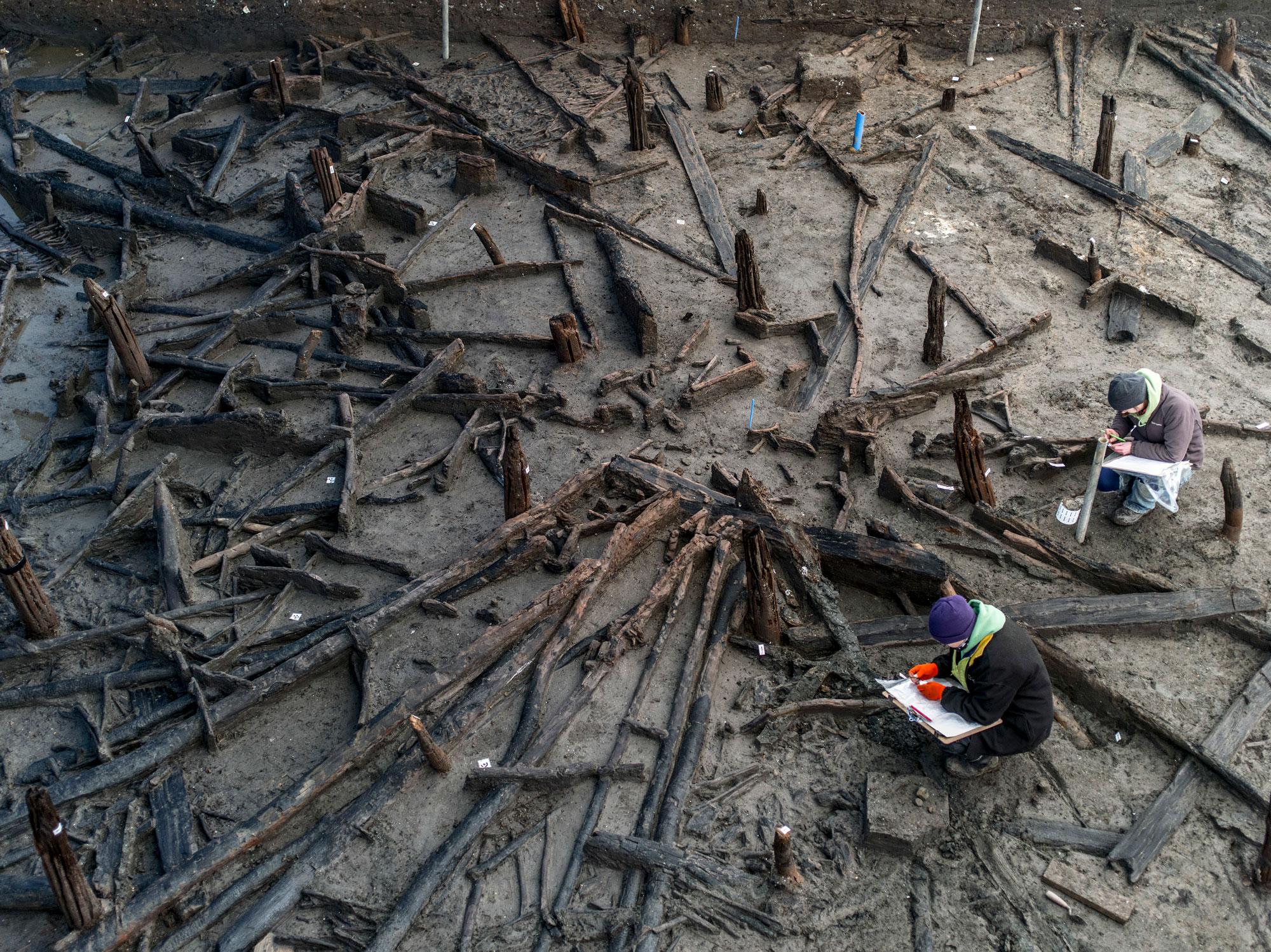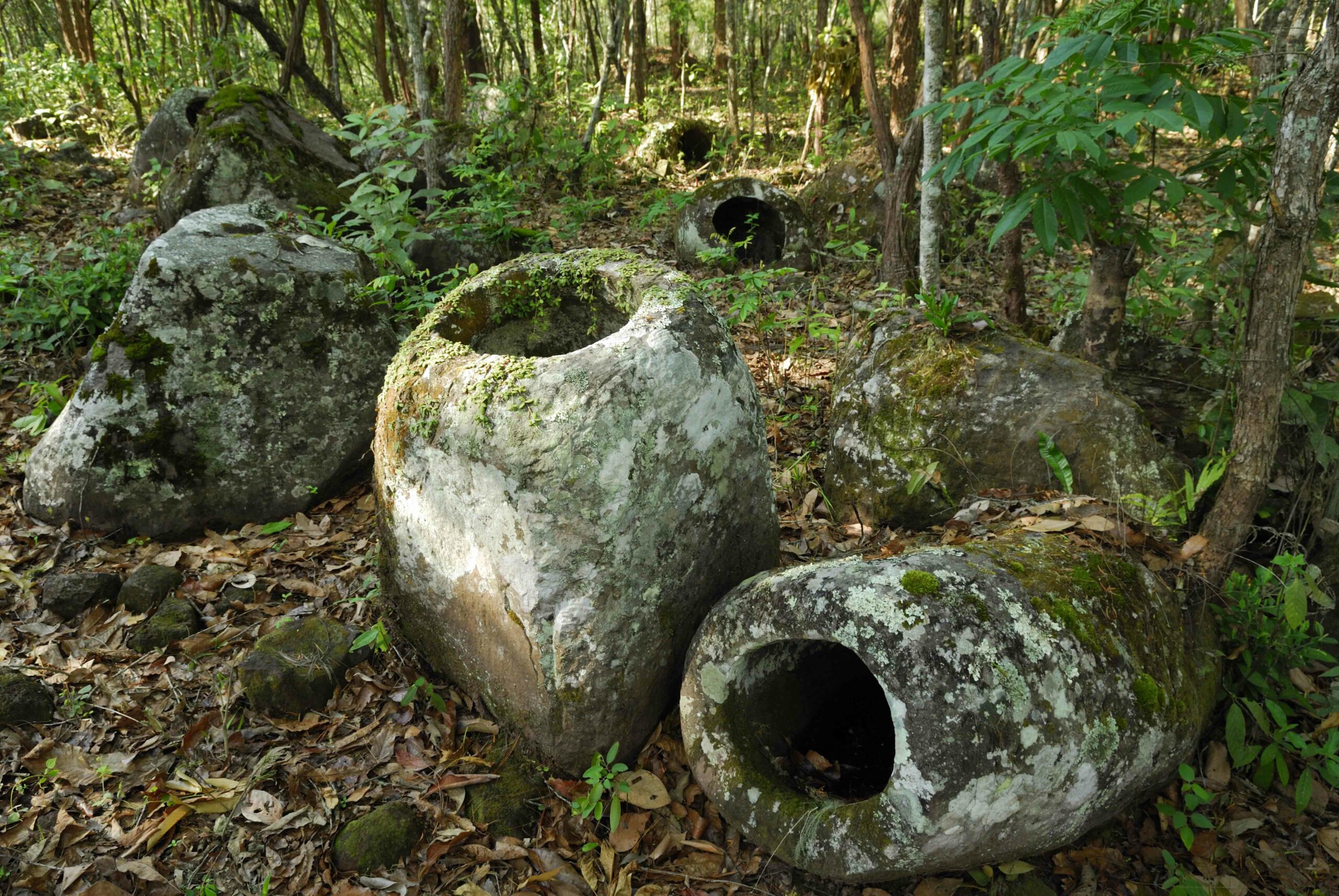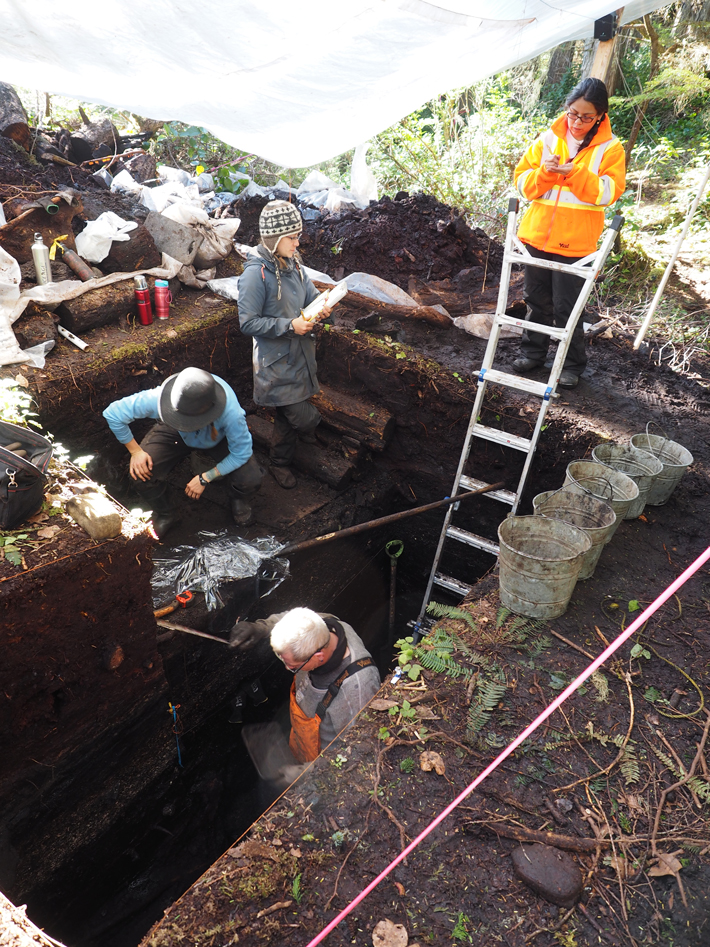
BRITISH COLUMBIA, CANADA—CBC News reports that excavations on Triquet Island have uncovered evidence of a 14,000-year-old settlement in traditional Heiltsuk Nation territory. “Heiltsuk oral history talks of a strip of land in that area where the excavation took place,” said William Housty, a member of Heiltsuk Nation. “It was a place that never froze during the Ice Age and it was a place where our ancestors flocked to for survival.” Archaeologist Alisha Gauvreau of the University of Victoria and the Hakai Institute and her team recovered carved wooden artifacts, a “hearth-like feature,” and flakes of charcoal. The site’s age and location suggest that the first North Americans traveled south along the coast into the New World. To read more about the first people to arrive in North America, go to "America, in the Beginning."


